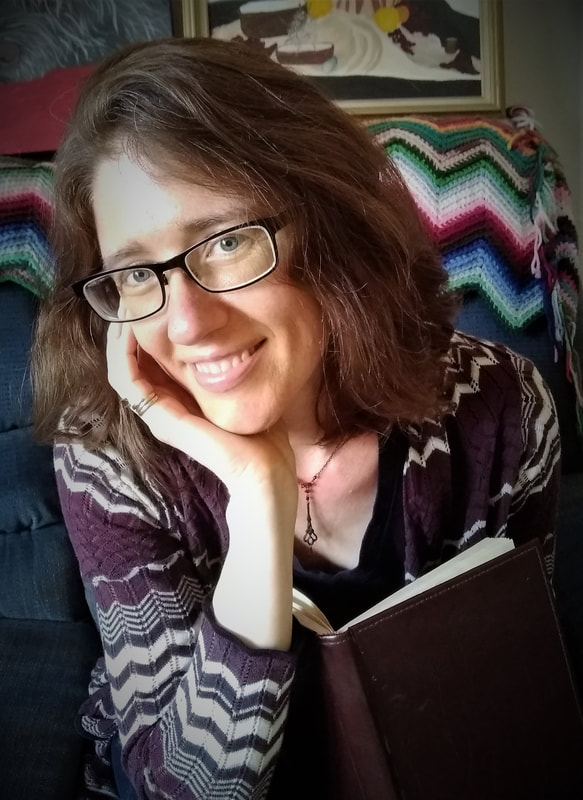|
We’re always looking for ways to bridge the gap between the way we speak and the way we write. Speech contains nearly unlimited options for intonation, pacing, and emphasis that we just can’t get from standard writing options. So, we get creative. Sometimes, those creative experiments work, and sometimes they don’t. You might use italics or bolding or even CAPS (often referred to as SHOUTY CAPS). We’ll save formatting options for another day, though. Writers often use punctuation to create emphasis, specifically quotation marks. And for every writer who uses them effectively, there are what seem like dozens who do not. They end up using what is referred to as scare quotes. So, where do they go wrong, and how do you avoid their mistakes? What are quotation marks traditionally used for? Quotation marks (“ ”) have long been an integral part of our written language. And they have several noncontroversial usages.
However, they are also often used to denote an unusual, ironic, or sarcastic meaning for a word. What are scare quotes, and why do we use them? Often writers put quotation marks around a word or phrase to call attention to it even though the word doesn’t require any special punctuation according to traditional grammar rules. Sometimes, the results are innocent; the writer only wants to call attention to a made-up or slang word and indicate that they used that word intentionally, especially if it’s one someone else invented. My neighbor was telling me about how “grumpified” his two-year-old daughter gets if she misses her afternoon nap. The second (and far more common) result is implied irony, sarcasm, or doubt. I surveyed the wreckage of my tidy kitchen after my kids got done “helping” cook dinner. Where do we go wrong? Often, the program we’re using (e.g., many social media platforms) doesn’t allow us many formatting options, so we have to choose between caps (and appear to be shouting at readers) and punctuation (and appear snarky and sarcastic). In those cases, our best option may be to just leave it unemphasized. Otherwise, we end up saying something we didn’t mean to. I’m sure you’ve seen those instances, both online and in print. Think about the implied meaning of the following and imagine saying them out loud and making air quotes when you say the word indicated. Come in today for out End of Season “Sale”! It sounds like one of those sales that isn’t really that great of a deal. Congress proposed a new “budget” this week. The writer doesn’t think too highly of this budget. This “institution” doesn’t support the mayor’s position. The writer doesn’t think the institution deserves to be classified as such. If that implied meaning was what the writer intended, great! If not, though… What are some alternatives? If the program you’re using doesn’t give you any formatting options, your best bet may be to just leave well enough alone. Or as you develop your skills as a writer, you’ll find that word choice and order can be just as effective as formatting. However, if there are formatting options open to you, you could change the font, size, or color, though that may work better in something like an online post or advertisement. Or you might try putting the words in bold or italics, as I mentioned above. This formatting flows better into a larger body of text like a novel, short story, or blog.
Any time you write—but especially if you’re including something nontraditional—it’s a good idea to step back and try to look at it from all perspectives. What might this look like and how might this read to people who aren’t in your head and who don’t know what you meant to say? This is also another area where having a good editor on your side comes in handy! Rebecca Miller is a professional copyeditor and general fan of all things having to do with the written word and the English language. You can check out her website at Oakdale Editing or connect through Facebook, LinkedIn, or Email.
0 Comments
Leave a Reply. |
AuthorRebecca has a passion for helping you fill the world with great literature and making sure said literature doesn't get passed over for the lack of a little editing. Archives
July 2022
Categories
All
|


 RSS Feed
RSS Feed
